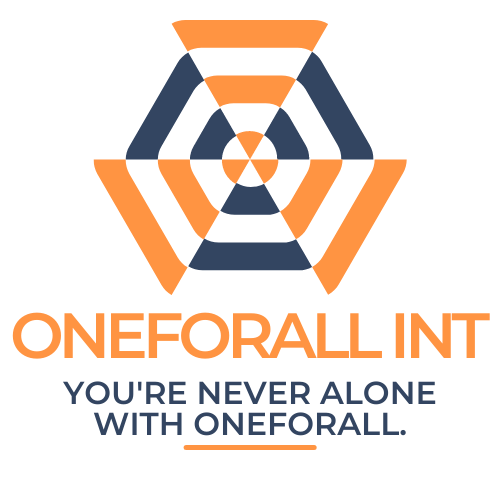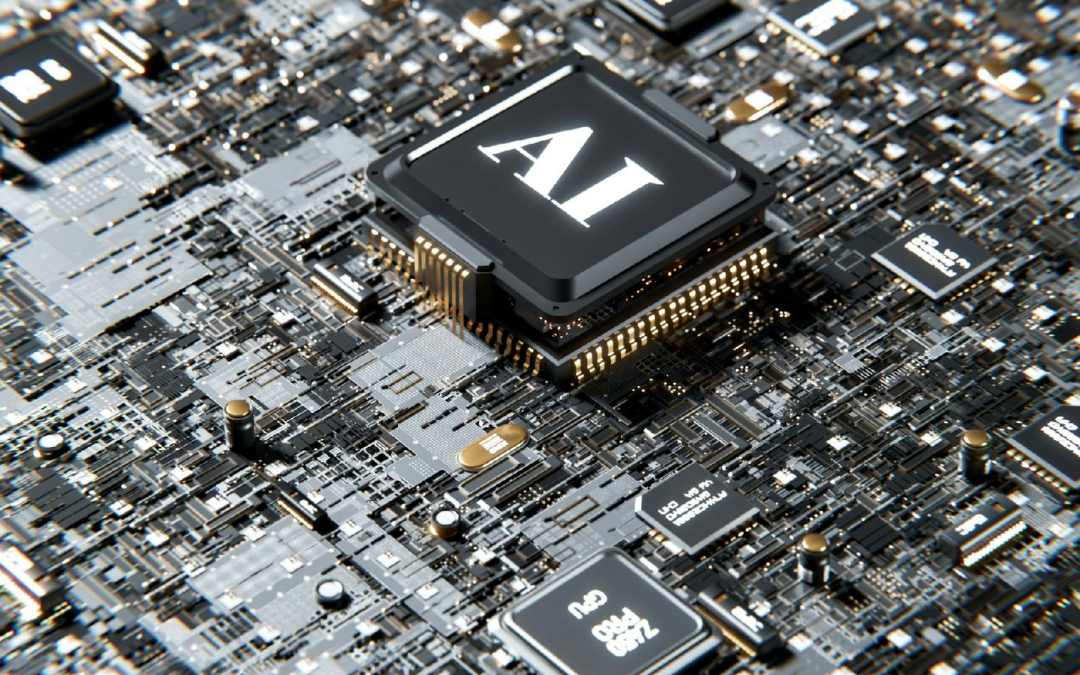Innovations in IT are numerous and almost permanent, due to the continuous improvement in the capabilities offered by the tools: both hardware and software are optimized to improve services and the speed with which everyday tasks are carried out. This is particularly the case for a certain fringe of activities and professionals who rely on tools and concepts such as machine learning and artificial intelligence on a daily basis. That’s what we’re going to talk about here, giving you an overview of what’s happening in this field and what the next revolution will be.
When artificial intelligence and machine learning can move up a gear
In computing, as in many other scientific and technical fields, one of the central challenges is to achieve better and faster results at every level. Before we talk about the coming revolution and what lies behind the notion of the quantum netbook, let’s take a look at the basic components and key concepts. They determine how artificial intelligence and machine learning work today, and the needs of those who use them.
Artificial intelligence and machine learning are two extremely interrelated elements that form part of a new range of services for many people. The aim is to exploit linked and electronically collected data, information, and knowledge to provide answers to certain questions.

By being exposed to gigantic volumes of data, a machine will automatically and autonomously learn to recognize information on the one hand, but also to link them together by integrating their relationships, such as causality, for example. In this way, a tool can be applied to a problem and a rapid response can be obtained: the gain in efficiency and speed is a driving force behind the principle. Optimizing radiological analyses in hospitals is a good example of this: machine learning will make it possible to accurately and quickly indicate the presence of a tumor, based on hundreds of millions of previously stored data. The more data there is, the better it works.
The limits of current computing: how quantum principles will revolutionize things
But the calculation methods of the algorithms in place, as well as the physical structures on which these tools are built, are now reaching certain limits. In any case, other theories, such as quantum mechanics, are already proposing, in some respects, even more effective solutions: it is a question of being able to deploy environments that are conducive to carrying out calculations that are currently impossible within reasonable timescales. Online services offer certain professionals with a major interest in this type of solution the opportunity to access such infrastructures simply and quickly, and thus to be able to test their work and models simply and quickly.
With a tenfold increase in computing power, the capabilities inherent in Machine Learning and Artificial Intelligence need to accelerate at a rate that today’s conventional computing will never be able to offer : even with the exponential improvements in hardware that we have already seen. Quantum netbooks offer these solutions quickly and easily.

